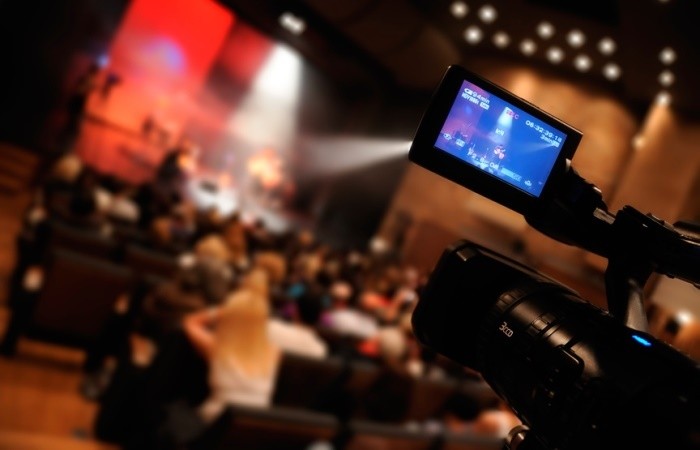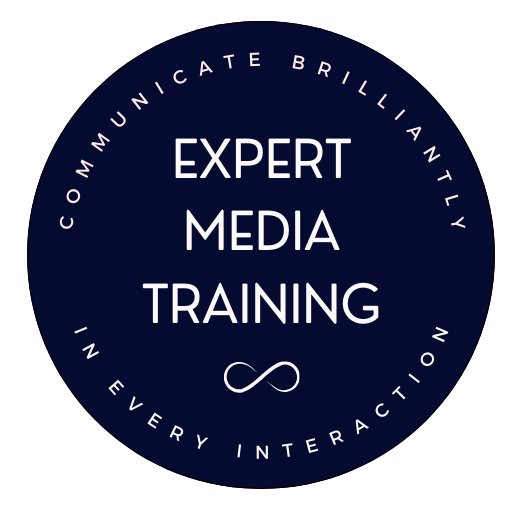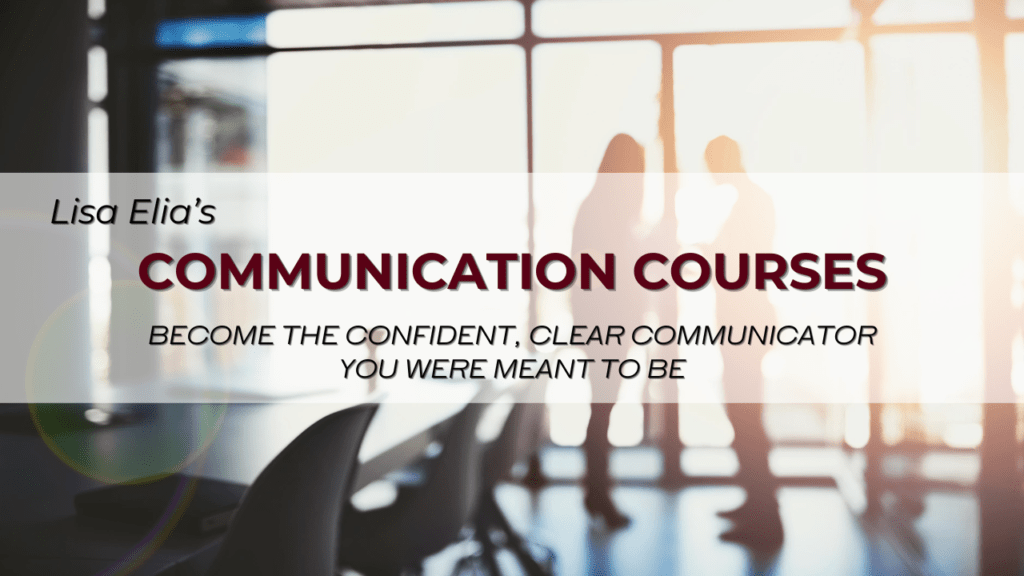
How to Handle Questions about Politics and Society
There are many old adages about the topics to avoid in polite company – politics, religion and race being among them. These rules of etiquette have slipped away in most of society and they don’t necessarily apply to media interviews, especially when it comes to public figures.
Once people achieve celebrity status, it is not unusual for members of the media to ask them questions about their opinions on a wide variety of topics that extend far beyond their art or craft. For example, actors who star in TV shows or movies that center around politics or social issues are especially apt to find themselves facing questions pertaining to the topics addressed by their work. Members of the media may ask actors, music artists and others in the entertainment industry questions about the status of gender issues, race relations, or the state of the entertainment industry. Some artists feel comfortable answering such questions, either because they have gained the knowledge to feel prepared to do so or because they simply want to share their opinions. Others prefer to keep their opinions on such topics to themselves.
Whatever choice is made about sharing thoughts on any sensitive topic, giving forethought to the choice and its potential consequences and effects on the talent’s brand, fan base and position in the entertainment industry will help the talent and his/her team to feel prepared for media interviews. This same consideration should be given to social media posting.
When providing media training for actors and music artists some of the questions we address with the client are these:
- Are there potential benefits to the talent sharing opinions on this topic? If so, do the benefits outweigh the potential negative fallout of the talent discussing this topic?
- How much does the talent want to continue discussing this topic in this interview and future interviews?
- Can the talent handle more probing and pointed questions about the topic and his/her authority on it?
- Does this topic tie into any of the talent’s projects or philanthropic endeavors?
- Could the talent alienate a segment of his/her core audience or fan base by sharing opinions on this topic? If so, is it still worthwhile to share his/her opinions?
Once these questions are answered, we move forward with helping the client to communicate the messages he/she wants to share.
Preparing for questions about sensitive topics prior to media interviews is the best way to create a communication strategy that positions talent well and to protect talent him/her from saying something regrettable, becoming rattled, or derailing a media interview.
To learn more about our media training for actors, music artists or other public figures, call us at 310-479-0217 or email team@expertmediatraining.com
To download our free Media Interview Guide and other tools, click here.
To check out our online courses, click here.
For a complimentary consultation to discuss private training for yourself or your team, click here.

This post was written by Lisa Elia, a media trainer, presentation trainer, pitch coach, communication expert, and speaker. She trains clients around the world for media interviews, speeches, internal and external presentations, panels, investor presentations, and promotional videos, and provides executive and team communication coaching.
With more than 25 years of experience, Lisa has prepared clients for interviews with TODAY, GMA, The Wall Street Journal, CNN, ESPN, and hundreds of other outlets. Lisa has shared her expertise with national media outlets that include Inc., Entertainment Tonight, E!, and many others. Clients include entrepreneurs, Fortune 500 companies, and everything in between as well as athletes, celebrities, and other public figures.




